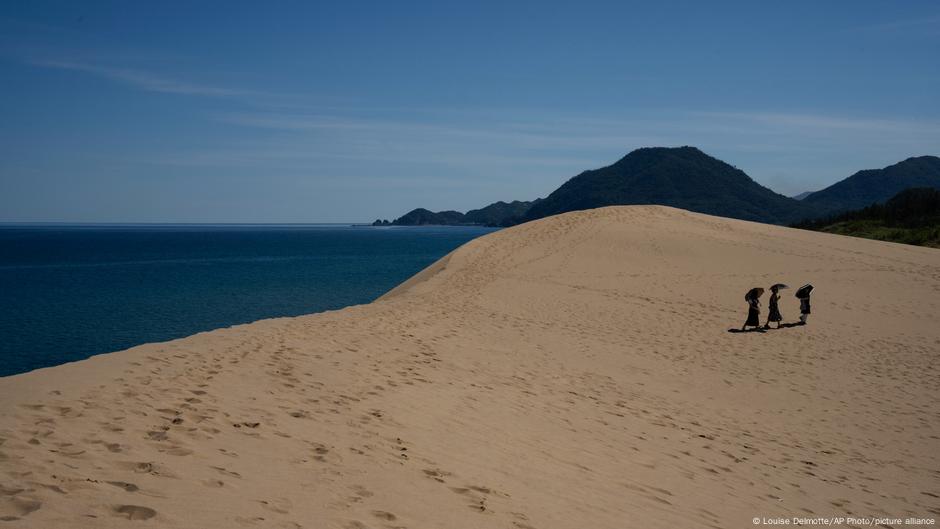Japan is facing unprecedented weather challenges, with summer 2025 projected to be the hottest on record—averaging 2.36 degrees Celsius higher than historical norms since 1898. Notably, Isesaki City hit a scorching 41.8 degrees Celsius (107.2 degrees Fahrenheit) recently, and the country experienced 30 days of temperatures exceeding 40 degrees Celsius this summer, a stark rise from previous records.
Experts attribute this extreme heat primarily to global warming, highlighting factors such as elevated sea temperatures and changing jet stream patterns. The Japan Meteorological Agency (JMA) has taken action by convening a committee on extreme weather, pointing out that record temperatures are now occurring for the third consecutive year.
The summer heat has dire implications for agriculture, particularly rice production, and has led to over 100,000 hospitalizations for heatstroke, with elder populations most affected. Additionally, rising temperatures are linked to increasingly destructive typhoons, raising concerns about climate-induced weather changes.
Research indicates that Japan’s summers are extending, while spring and autumn are shrinking. If these trends continue, Japan may be left with only two distinct seasons within the next 30 years, reinforcing the urgent need to address global warming’s impact.
Source link


